The powerful MPs behind NZ’s pivot to all things Maori
NZ is increasingly adopting Maori culture, values and language, thanks largely to its 13-member Maori caucus, which isn’t beyond threatening to defect unless it gets its way.
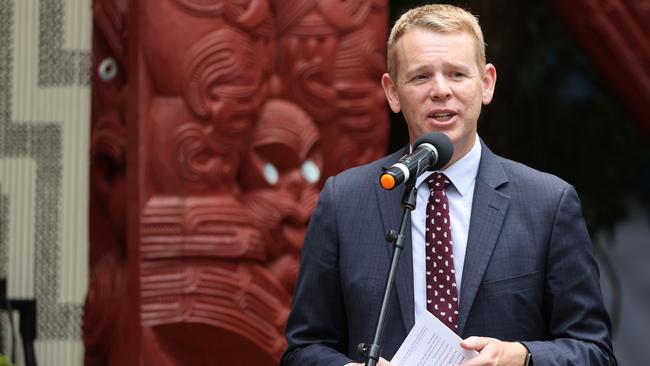
While the people of Australia and its MPs examine their attitudes around elevating their country’s first nations people in the business of governing, momentum in New Zealand on the same matter is growing in strength. A band of influential MÄori parliamentarians is playing a part.
In a country that is increasingly embedding its Māori heritage in its national affairs, the urgency of adopting Māori culture, values, and language in day-to-day governance is a characteristic of the New Zealand political scene. The pace has quickened since the Labour Party took power in 2017.
Some aspects – such as the rapid growth of the Māori language in the media and political spheres – has unsettled New Zealanders, however. NZ’s public sector is a particularly verdant landscape for this, where the Māori language – te reo Māori – often gains prominence over or even replaces English outright as the lingua franca.
Recently, NZ’s largest public tertiary provider issued its staff – across 16 polytechs nationwide – with comprehensive guidance on what words they should and should not use. This included a strong preference for the te reo translation – for teachers, student, and such – over and above the English version.

Behind this profound pivot towards all things Māori is an historically large and powerful representation of Māori MPs within the upper reaches of the governing Labour Party – the self-identified Māori caucus, a product of the party’s historically strong kinship with NZ’s first people.
The Māori caucus, which enthusiastically advocates for Māori in the policy, legislative and public realms, consists of 13 MPs, eight of whom hold ministerial warrants – a record number for any Labour-led government. Ministerial portfolios currently held by caucus members are among the most important and include justice, foreign affairs, broadcasting and media, and Māori development,
Adding to its heft, three caucus members rank in the top ten of the party and sit on the government’s front bench. A quarter of the government’s executive decision-making body are Māori. That’s high, but also fairly representative. According to latest statistics, Māori make up just over 17 per cent of New Zealand’s population.
The number of Māori MPs occupying the top seats of government swells further once parliament’s Speaker of the House Adrian Rurawhe is added to the mix.
Last week, Prime Minister Chris Hipkins remarked that Māori having a seat at the decision-making table was something the country signed up to when the Treaty of Waitangi – New Zealand’s founding covenant between the Crown and Māori – was signed in 1840.
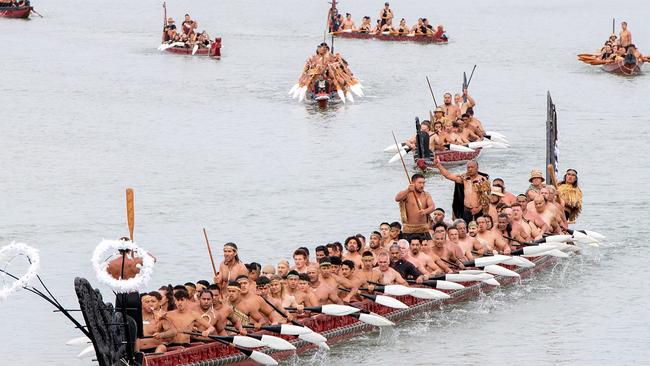
Though it can be labelled a faction, the Māori caucus does not slavishly subscribe to a single, unbending viewpoint typical of other factions; in recognition of the diversity of views and circumstances across the Māori population. It is an exclusive club, however, with members happily posing for ‘team’ photos and proudly promoting its place within the corridors of power.
Also, unlike some factions elsewhere the Māori caucus does not instinctively incite intra-party friction. It does not, for example, have the same disruptive tendencies of the Republican Party’s Freedom Caucus in Washington or the arch-Brexit wing of the Conservative Party in the UK. For the most part, this is because the caucus is not wholly decoupled from the mainstream or the rest of the party.
Nor does the Māori caucus invite open animus from political opponents, in part because the virtue of having a strong Māori voice within parliament is widely accepted as a political norm in New Zealand.
This could change, however, should Hipkins opt into a governing arrangement with the radical Māori Party – now called Te Pāti Māori – to help secure the projected tight October 14 general election.
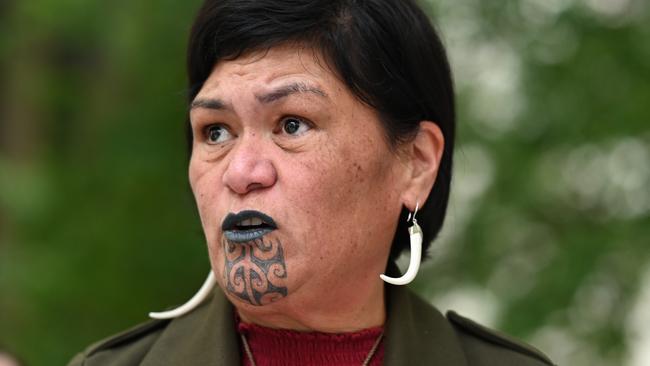
How influential and effective the Māori caucus is can be seen on the political scoreboard.
Wins include the establishment of a Māori Health Authority or Te Aka Whai Ora, an idiosyncratic public entity set up to ensure Māori health outcomes are met within the current system.
Another win is the enshrining of Matariki – the Māori New Year – as a new public holiday. Another success, and perhaps a clear measure of caucus influence, was the quickfire allocation of a $15 million in funding to hasten the Māori-led response to Cyclone Gabrielle, which recently struck parts of the North Island. This last effort was fronted by two Māori caucus heavyweights, Willie Jackson and Peeni Henare and led to accusations that the Maori community was being given special treatment ahead of other devastated communities.
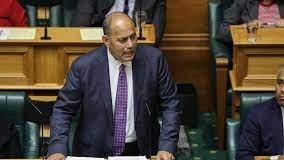
Blotting its copybook, however, is the fall from grace of Nanaia Mahuta, a polarising minister who was arguably the figurehead of the Māori caucus until earlier this year.
In a January reshuffle, Mr Hipkins effectively demoted Ms Mahuta by stripping her of the local government portfolio she had held since 2017 and removing her from the front beach. She managed to keep her foreign affairs portfolio, despite opposition criticism of her efforts as foreign minister.
This followed Mahuta’s mismanagement of the government’s signature Three Waters legislation which sought to provide new mega-entities to control NZ’s water infrastructure.
Her bungling of the enabling bill’s passage – in which she surreptitiously attempted to entrench public ownership of water assets – provoked confusion and anger across parliament, including from within her own party.
Another casualty of Mahuta’s botched water reform efforts was an idea close to the hearts of the Māori caucus – co-governance with the powerful Maori iwi, or tribes.
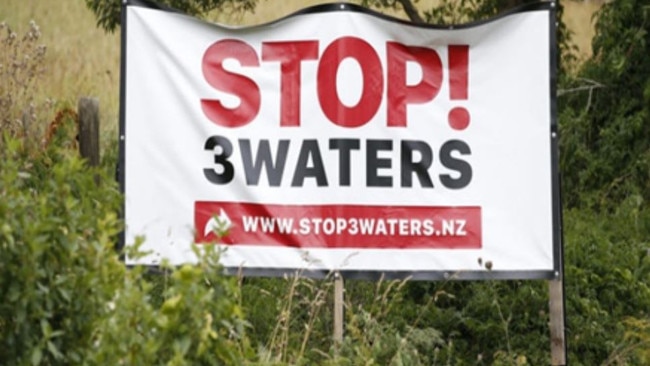
The public were left confused and uneasy by the reforms process, particularly the issue of co-governance, prompting Hipkins to shelve the program until further notice.
The prime minister will be at pains, however, not to be too hard on the caucus for any political and policy misdemeanours. He understands that without the compliance of his Māori MPs, the Government’s policy and legislative program – even electoral hopes – could well be stymied and the caucus isn’t beyond threatening to defect to the Maori Party if they don’t get their way on certain issues.
In many ways Labour’s Māori caucus has become a political institution. As New Zealand veers ever more towards bringing Māori closer into political and public life, this institution is not going anywhere anytime soon.

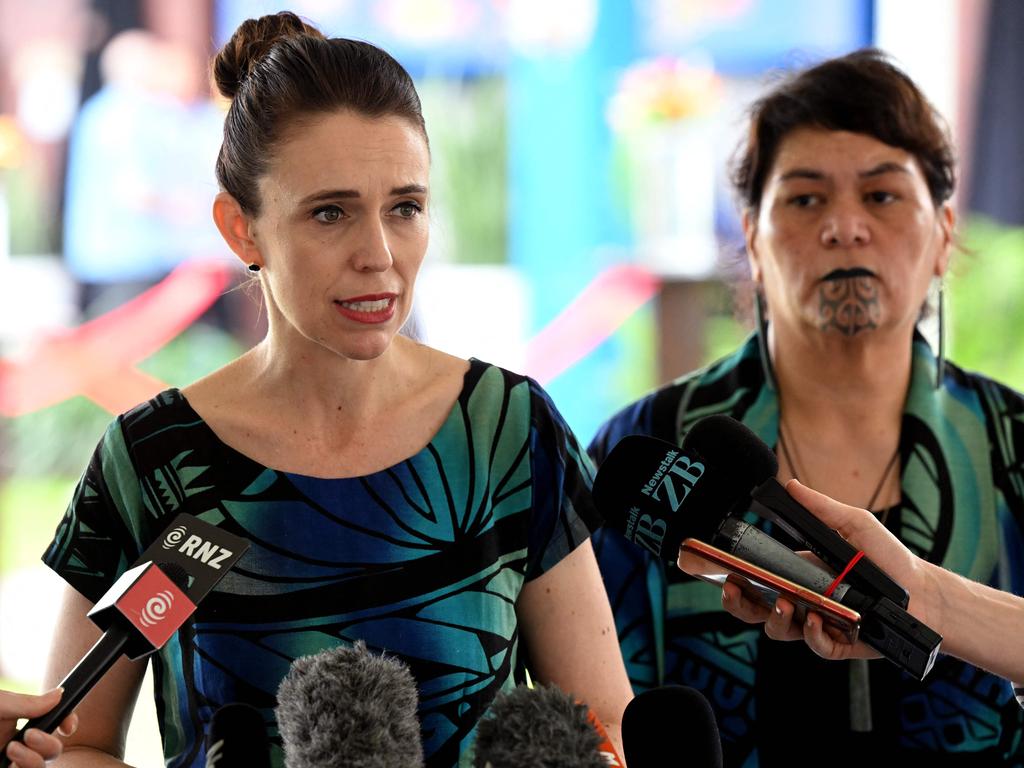

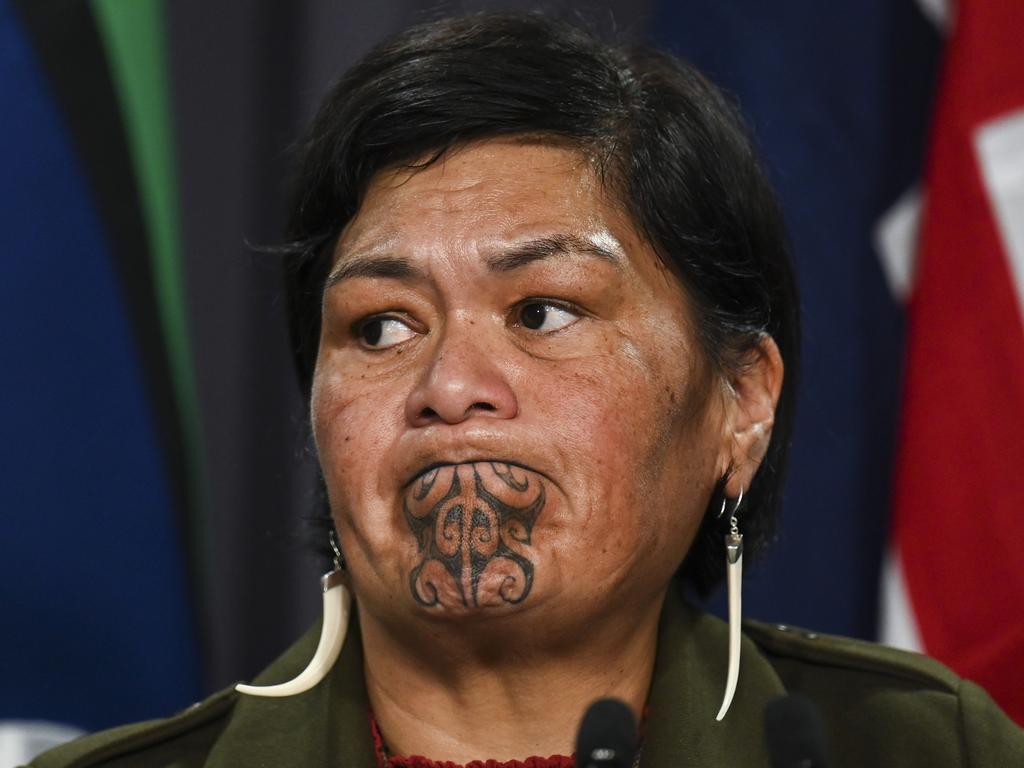
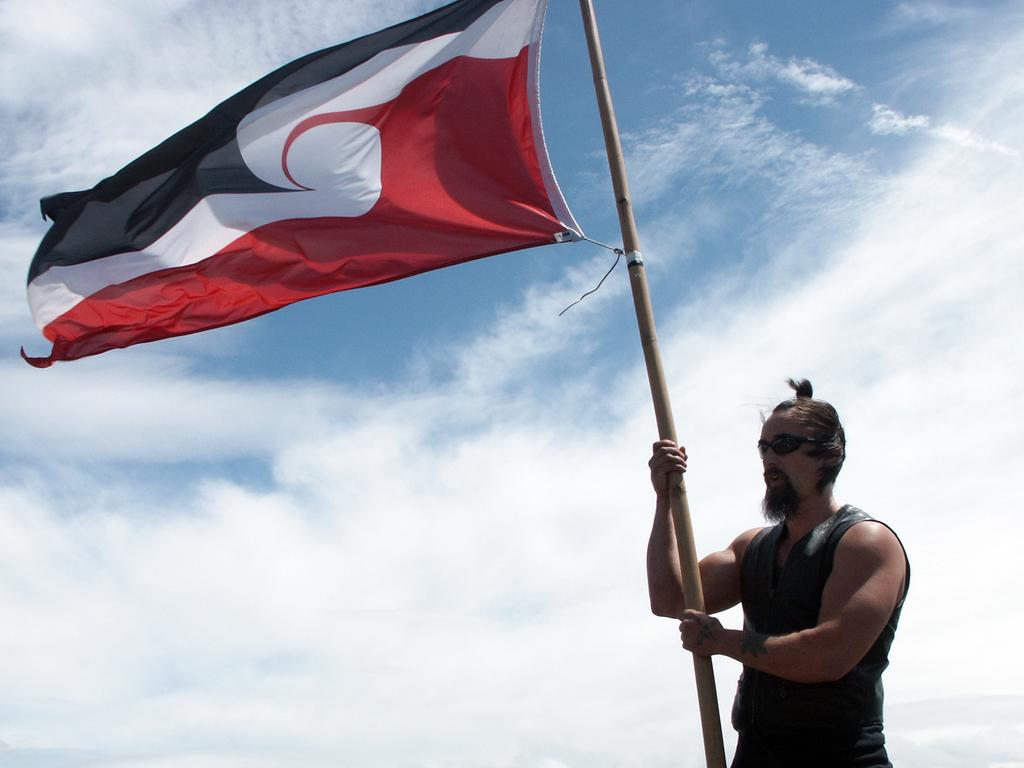
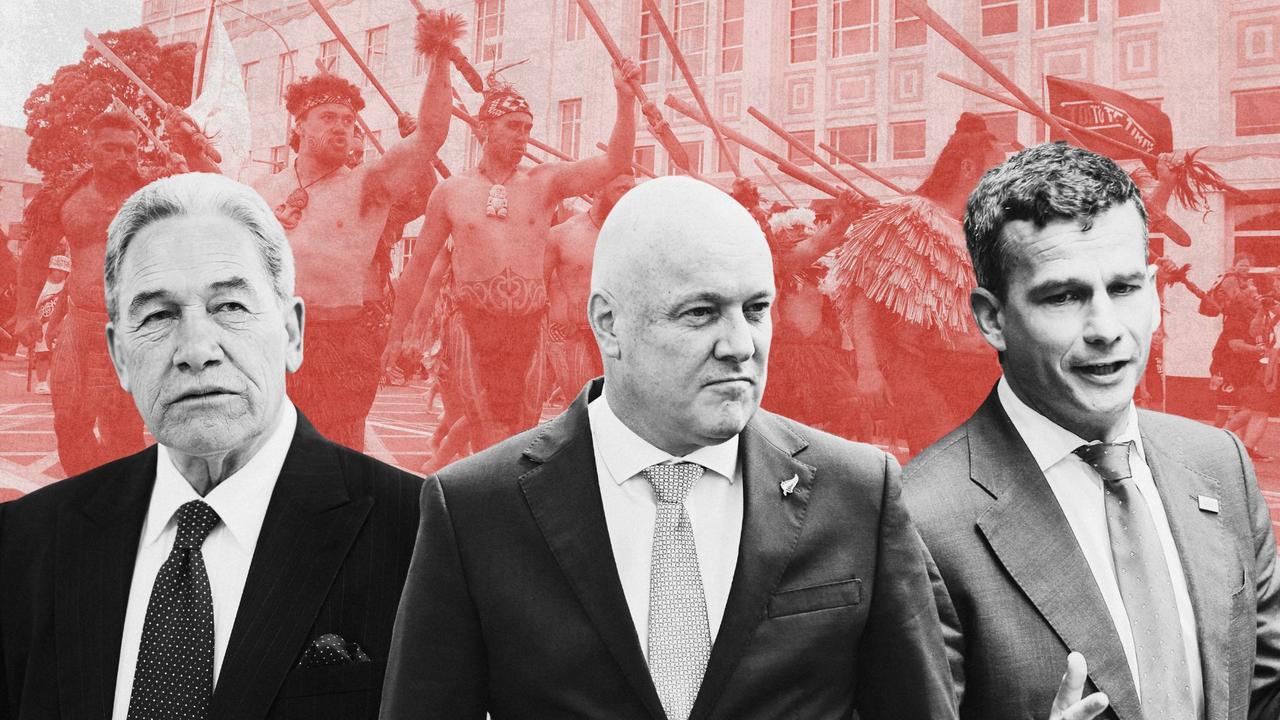
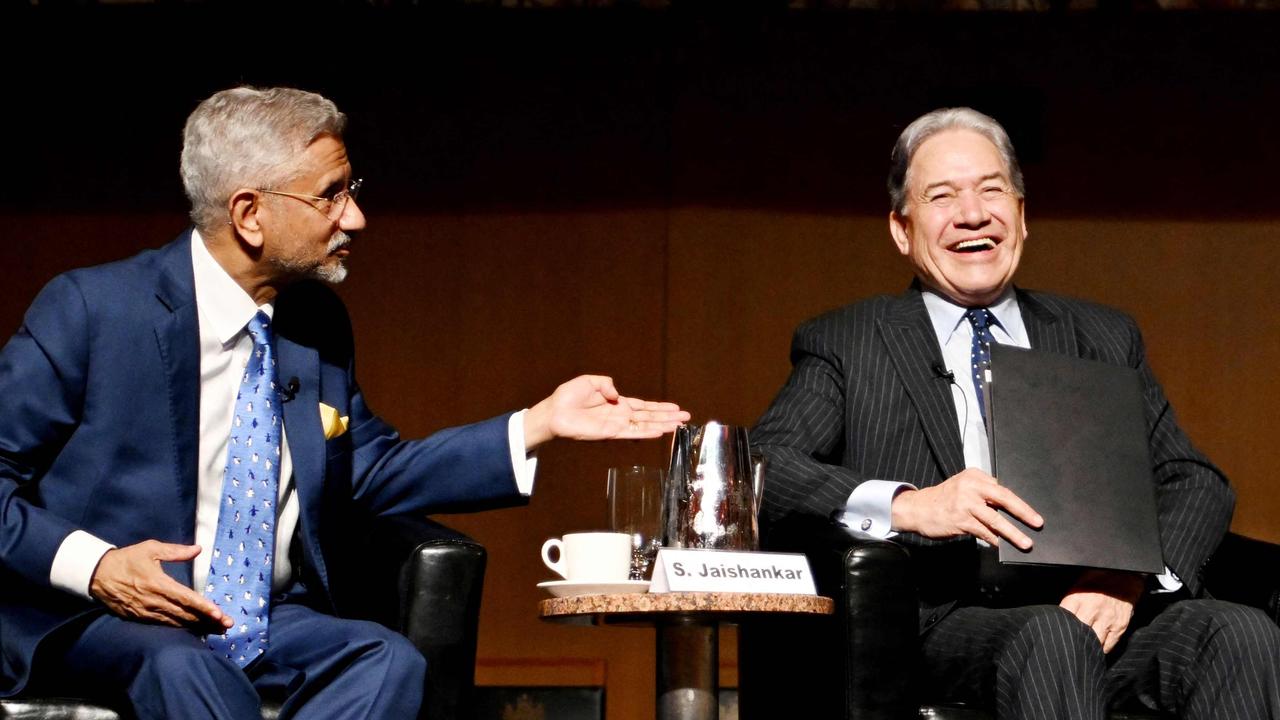
To join the conversation, please log in. Don't have an account? Register
Join the conversation, you are commenting as Logout